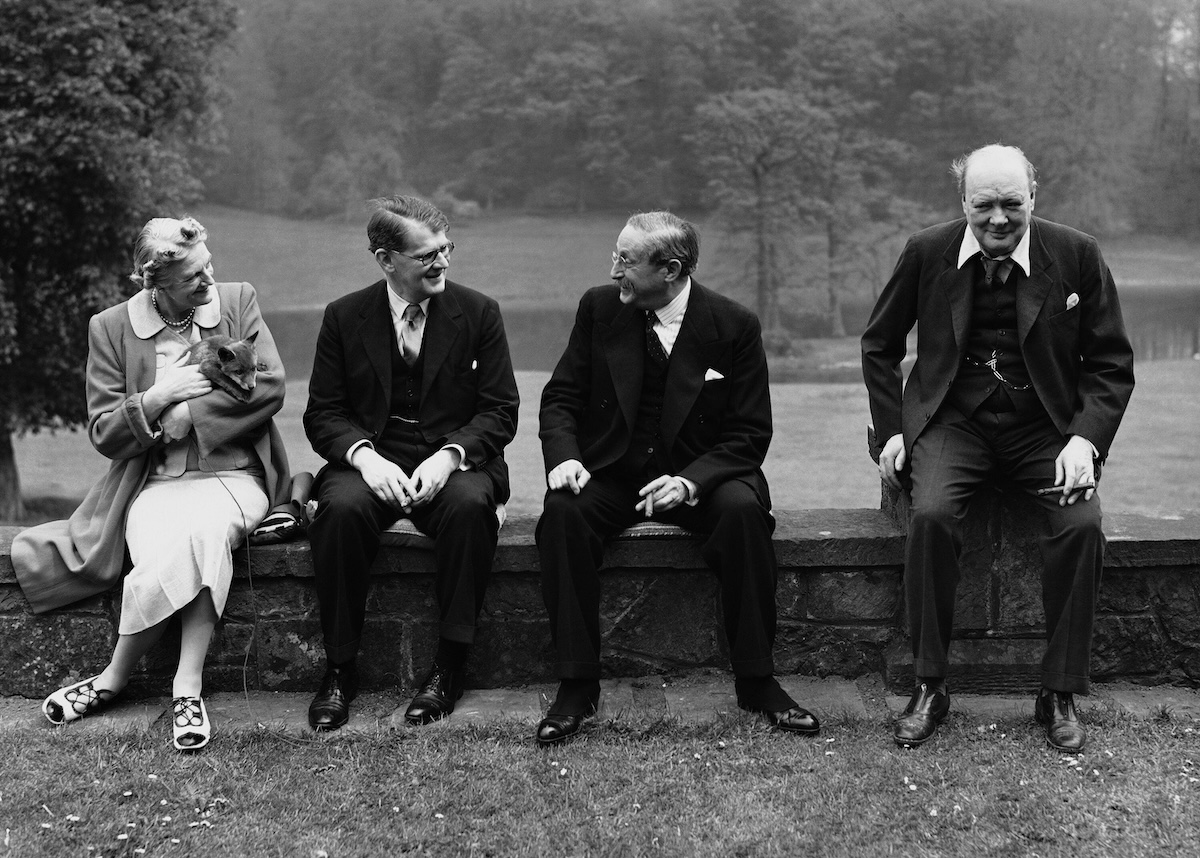Radical Conservatives and the Federal Union
Britain’s Second World War Conservatives and their utopian dream of world government.

We like to think that we know what the Second World War was fought for: freedom, democracy and the defeat of Germany and the evils of fascism. Compared to subsequent conflicts, the aims of the war seem self-evident and straightforward. But back in 1939, none of this was clear.
Faced with a war he had desperately sought to avoid, no one was more tight-lipped about war aims than the prime minister, Neville Chamberlain. Concerned about alienating potential allies – how, for example, would a battle for ‘Christian civilisation’ sound to the atheistic Soviet Union – and fearful that bellicose demands might prevent a German domestic revolt against Hitler, Chamberlain chose a combination of silence and platitudes as his communication strategy.
